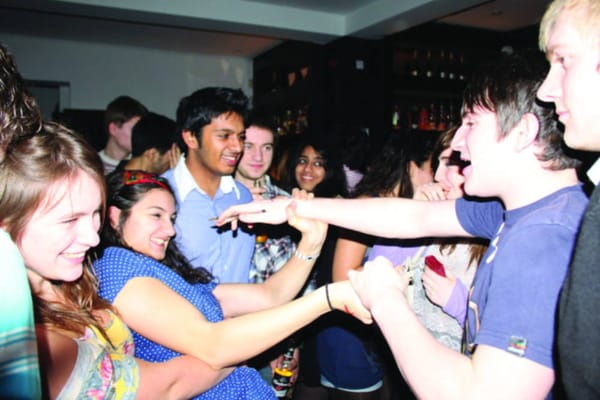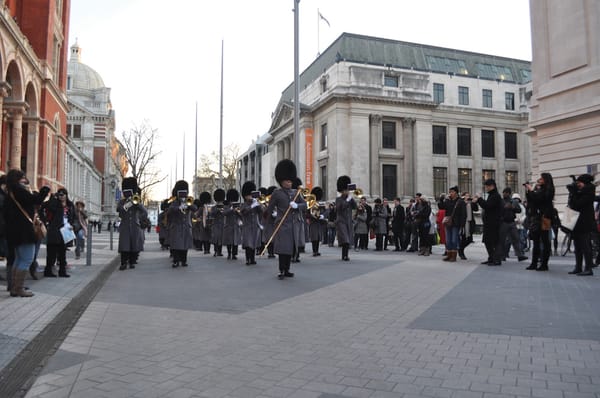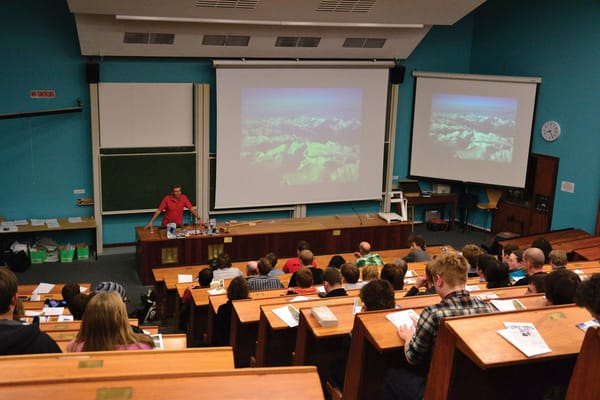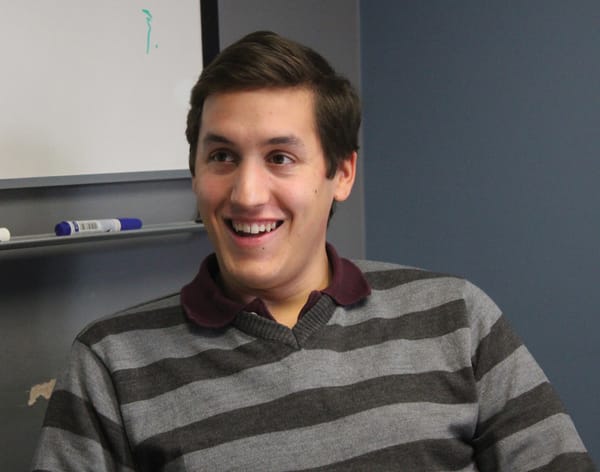Sabbatical Interviews 2012: Deputy President (Education) – Jason Parmar
DPE Jason Parmar tackles the calendar highlights and lowlights
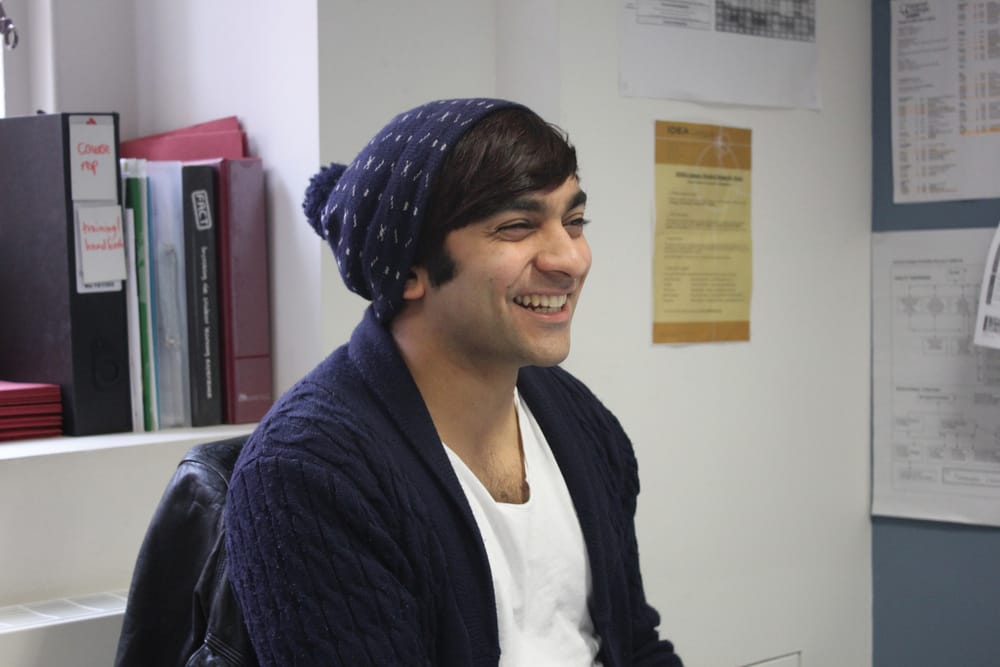
What have you enjoyed most? I’ve enjoyed having an excellent insight into the higher education system. I get to meet representatives from other Russell Group Student Unions at the Aldwych Group where we talk about a whole host of topics. Seeing how other institutions deal with issues, and seeing how Imperial is unique in its own way has been fantastic. I’ve also enjoyed learning time efficient techniques that you can only learn where you’re balancing a huge amount of things. I’ve done things I didn’t think I could do in the past by effectively organising my time. I was also fortunate enough to attend the IDEA league and take charge in running my own projects, like Representation Week 2012 and working in a representation team to produce the White Paper Response and the National Student Survey Response.
What have you enjoyed least? It was hard at the start to get things done as quickly as I wanted. There are more bureaucratic processes both in the College and Union than I naively anticipated. Although we aren’t one of the most bureaucratic institutions, occasionally it can be frustrating when things move more slowly than you’d initially planned. But a larger contributor to “Sabbatical dissatisfaction” is probably the sheer amount of meetings and emails. Some can feel like an inefficient use of time as you often create a large workload through your meetings and then can be in the position where you don’t have time to complete it!
How far have you delivered on your manifesto points? Obviously there aren’t any 8am starts, but the College Working Day is still a contentious and very much ongoing issue. It’s definitely not over yet, and we’re trying to make sure we get involved with all the future strategic conversations. One question that’s in the back of my mind is ‘is an hour too long or short for a lecture?’
This year we made sure our voice was still heard by the government by writing our response to the Government’s White Paper. Interestingly, the government actually listened to us and have scrapped penalties for early repayment. I’d like to think that it wasn’t just coincidence and we helped the government make the decision. Soon, we’ll introduce Notebox, which is a site for shared learning for all Imperial students. It has notes, past papers and forums for every module in every department. Regarding e-learning in general, it’s been fantastic to see the idea of podcasting being resonated around the university (mostly with students) in line with my manifesto 11 months ago. We might still be years behind places like MIT but we’ve approved Panopto as the method for video podcasting after an extended pilot scheme where some 200 lectures were trialled. I ideally hope for an rollout before the end of the year, but most likely I’d be pleased if it can be fully rolled out by the start of next year.
One question that’s in the back of my mind is ‘is an hour too long or short for a lecture?’
Is there such a thing as an average day? Just like I’m sure every other sabbatical in the country says, “there is no such thing as an average week”. But it’s true, our remits mean we cover so many different areas that we’re always doing something different each week, it’s what makes the job so interesting. usually there are one or two of the many large committees I sit on that are usually two-three hours long, along with meeting with senior College figures. The rest of the time is spent with the huge amount of emails/tasks and some of my own projects. Finally, for a break I’ll play some squash and get out some of that excess stress.
What have you gained from being DPE? I’ve gained an incredible insight into how a multimillion pound company and university works, the experience has been amazing. I’ve been privileged to proudly represent all 14,000 students at Imperial College. I get the opportunity to work alongside world leaders, which is amazing. I’ve gained more public speaking experience, and definitely improved my leadership and communication skills. I’ve been able to significantly improve my non-academic skills in this role, which nicely compliments the excellent education I’ve had so far at Imperial.
What advice would you give to those considering running for DPE? There’s a huge amount of emails and meetings. I was surprised coming in and not being able to just get on with your projects. There’s a large remit and s it’s almost like being a consultant at times. I think it’s really important that next year’s DPE remembers that you won’t always get the quick results you expect, there’s often complications, approvals or financial issues. Also, a lot of the job is thinking strategically. You can’t and shouldn’t always expect immediate results as much of what you do will be sowing the seeds for future generations of students, so some of your work often won’t be seen for years to come.


